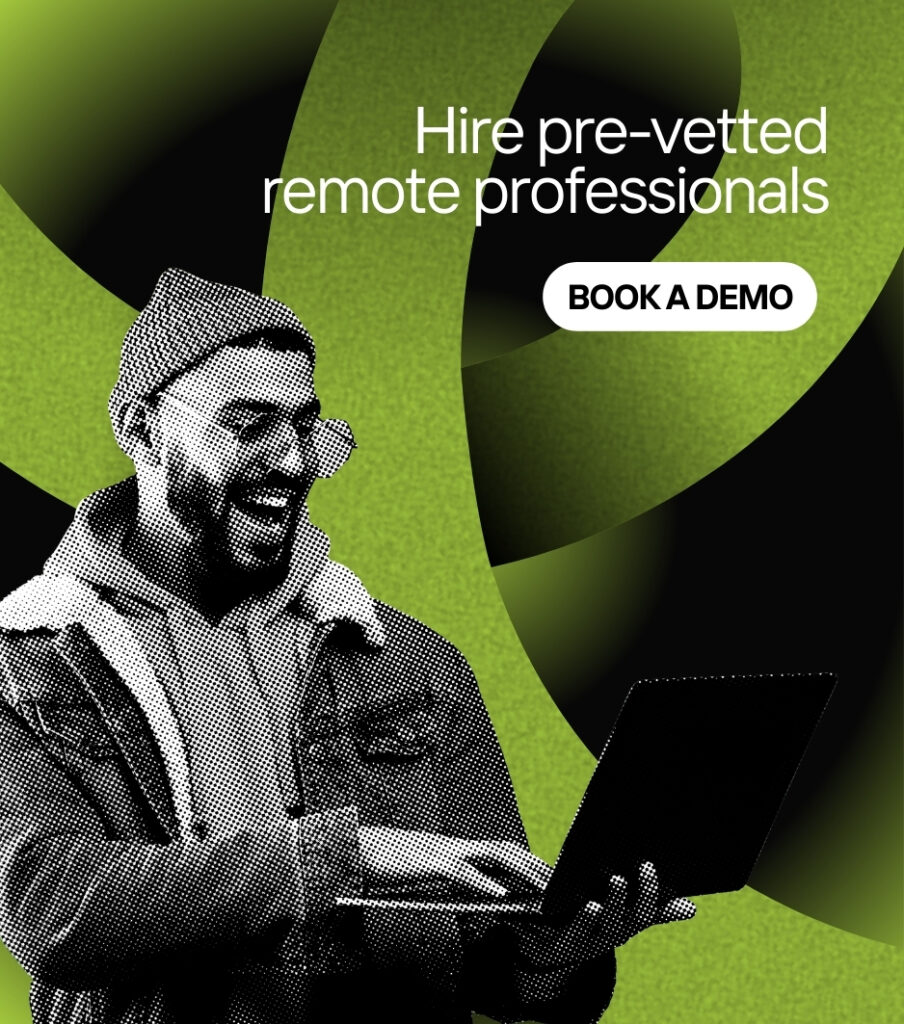Since the beginning of the pandemic, many companies have transitioned to working remotely. The change has posed many challenges, especially for recruiters recruiting candidates without seeing them in person. Many applicants are currently choosing to apply for positions because they are remote, not because the job is the right fit for them. Though they might have the required skills and experiences, they are not necessarily best suited for remote work.
Our time at CrewBloom has helped companies find the right talent for remote jobs through extensive interviews. We have learned that asking the right questions can help determine whether a candidate is a right fit for a remote position. This article shall look at some questions that hiring managers and recruiters should ask prospective employees before determining their fitness for a remote position.
Did you work in a remote position before? What were some benefits and challenges of working in that position?
By comparison, if your candidate has had some experience with it, ask them some benefits and challenges they faced in that role. As a remote employer, you probably know that transitioning to a remote working system may not be easy for many. Those who have some experience with it understand what it entails and how they can cope with it. You should look for interview responses that contain practical ways in which people adapt to the challenges of working remotely. By contrast, those who say that they do not see any challenges are probably not being honest or do not have any experience.
Where do you usually prefer to work?
When you have gathered some information about the work area, set up a video conference call, ask the candidate to join the call from the work location, see how your virtual meeting goes, and note down your observations. Talk about the requirements which you have for a remote office, including a wired internet connection, a quiet area for calls, and so forth.
What work setup do you plan to have if you are not working from home?
For example, if someone does not have an Internet connection at home and needs to work at a local café, ask them how they will connect to your office server. Ask if there would be any distractions that would hamper their work. If the position happens to be a hybrid that is partly remote and partially from the office, ask where the candidate will work for the remote part. See if they have a specific location in mind for an office such as a home or a café. Learning these details will help you gauge how far a candidate has thought about the particulars of remote work.
How do you intend to communicate with a remotely working department or organization?
To determine whether your future employee will accept this, ask how they intend to communicate with other employees and what communication platforms they prefer to use. Are they open to using virtual meeting rooms, texts, video calls in addition to an email? Asking these questions will help you understand whether your candidate is comfortable using a wide range of communication channels. It will also help you realize if they are willing to adapt to different communication platforms and interact with colleagues.
How do you think your technology skills are?
If a candidate continually says that they do not like working with technology or do not know how to solve issues, explore this in greater detail. You may encounter someone who has applied for a remote work position but does not want to address the technical problems that they could encounter along the way. This might be a challenge for you as the employer. Ask them how they intend to solve the problems since it is a component of working remotely for the organization.












